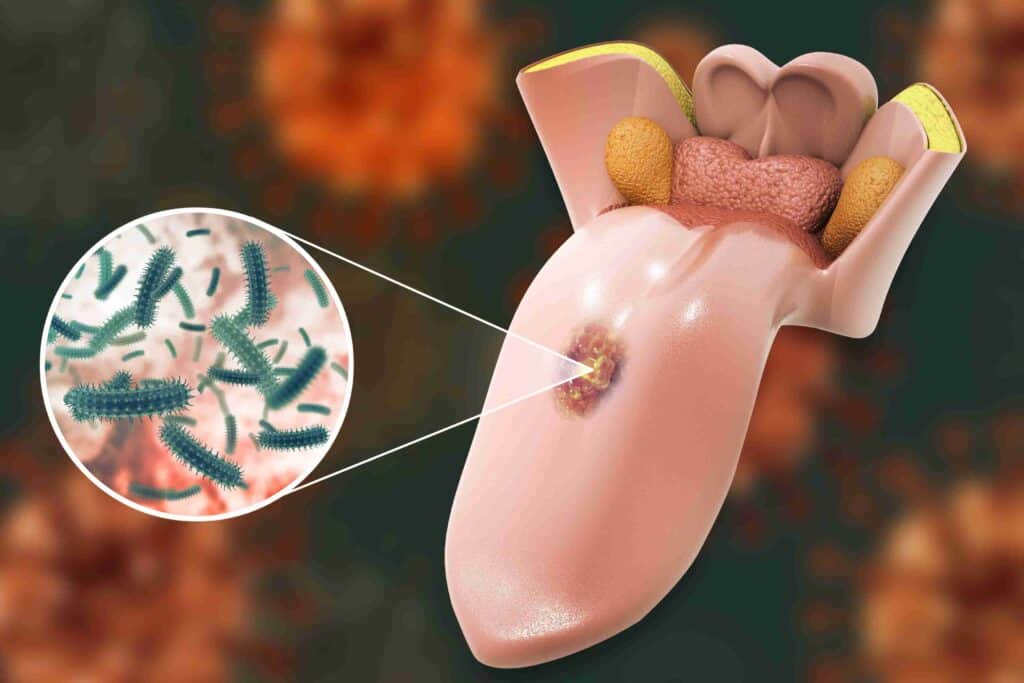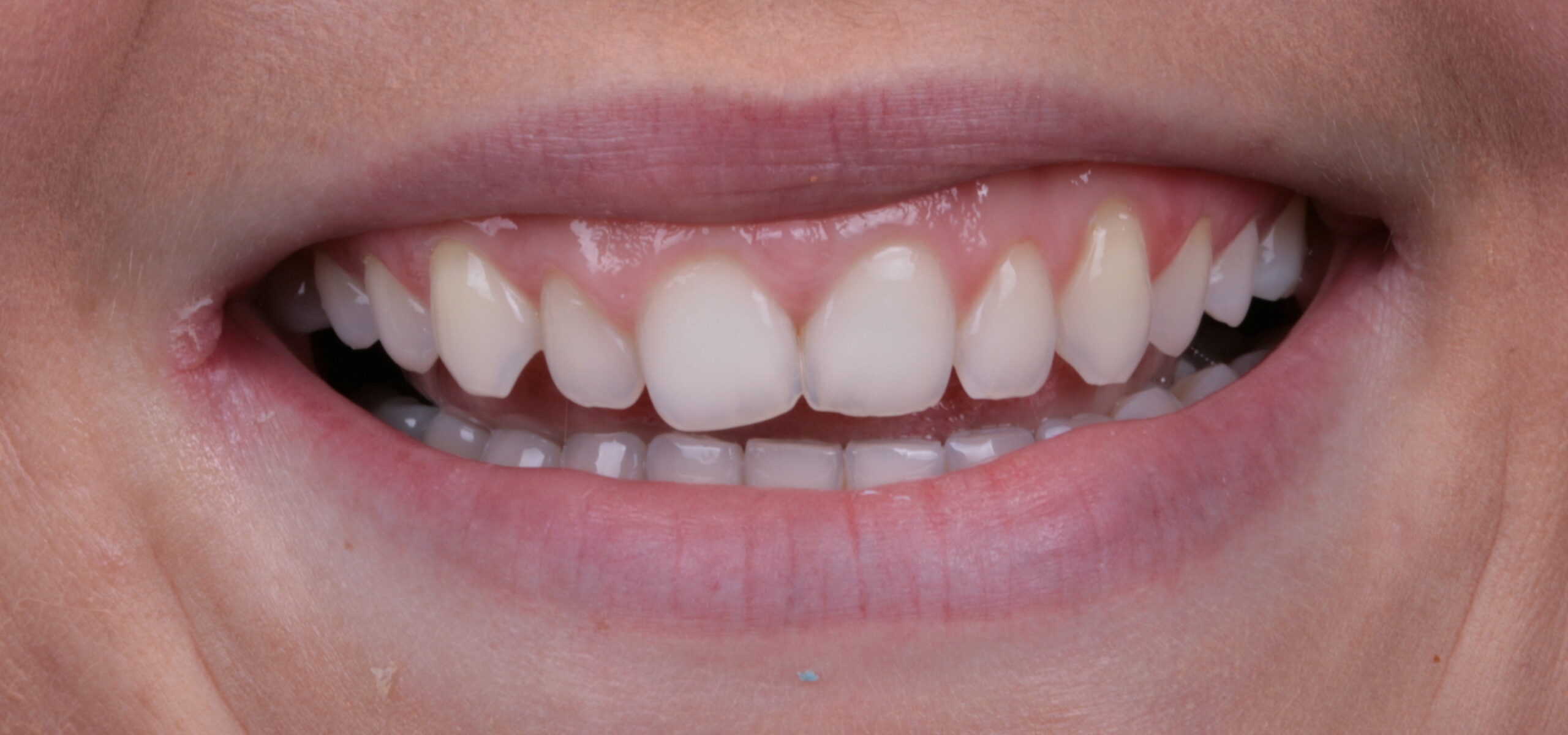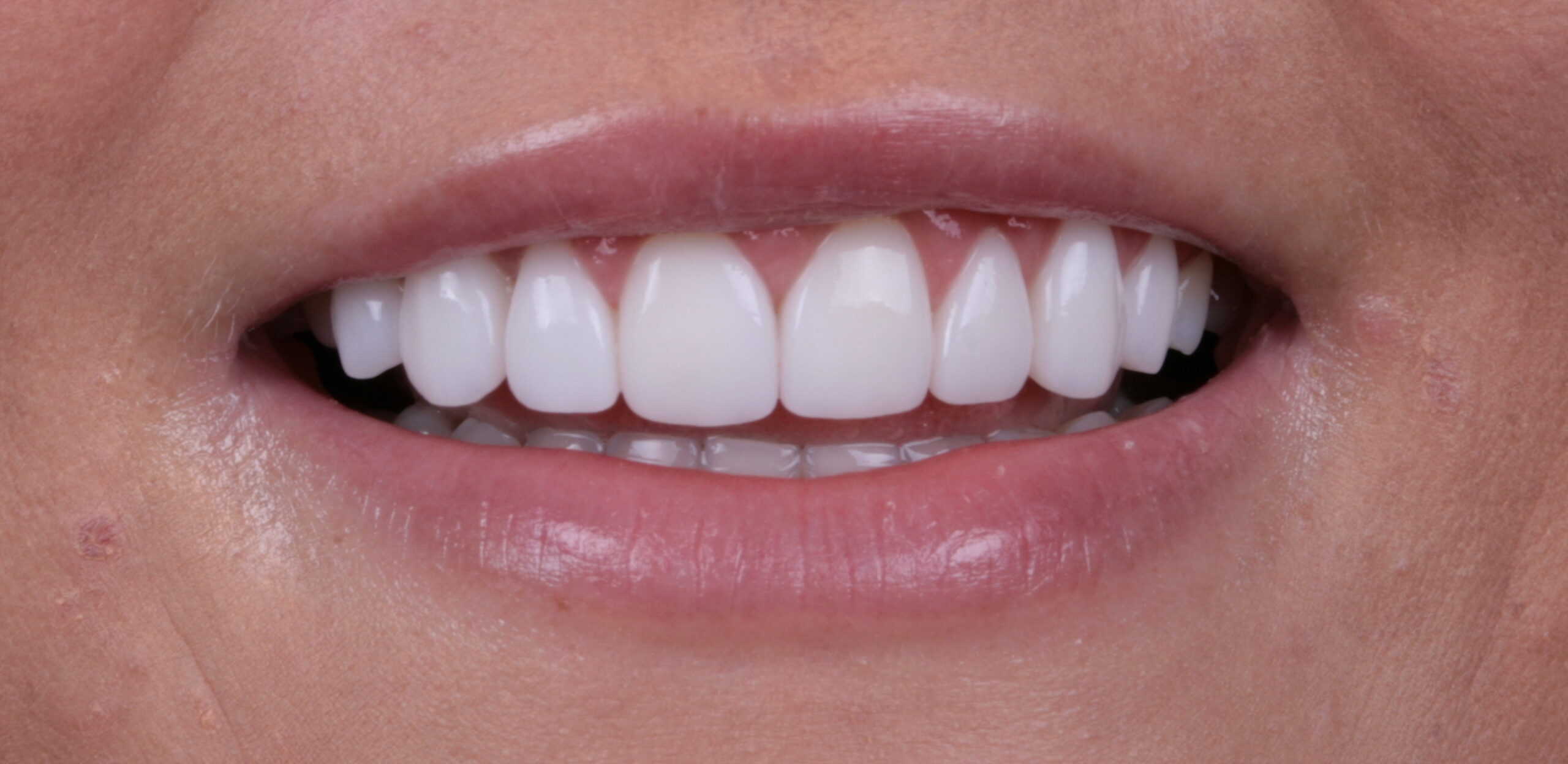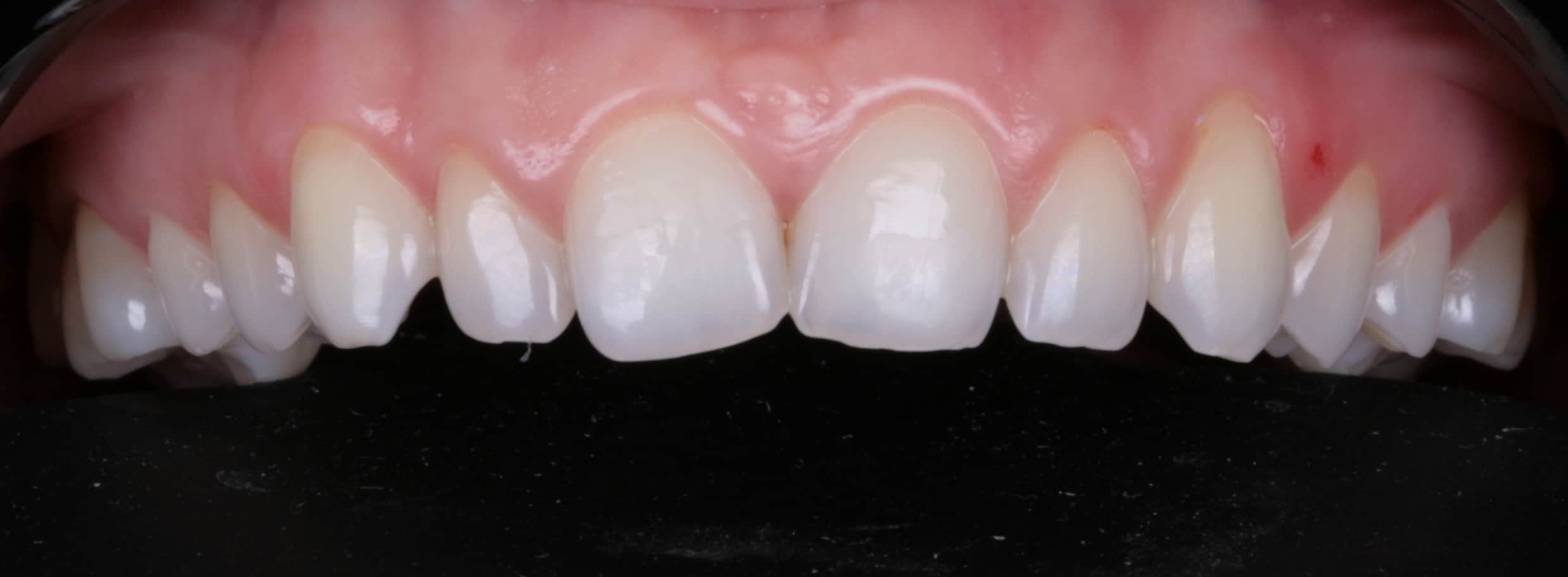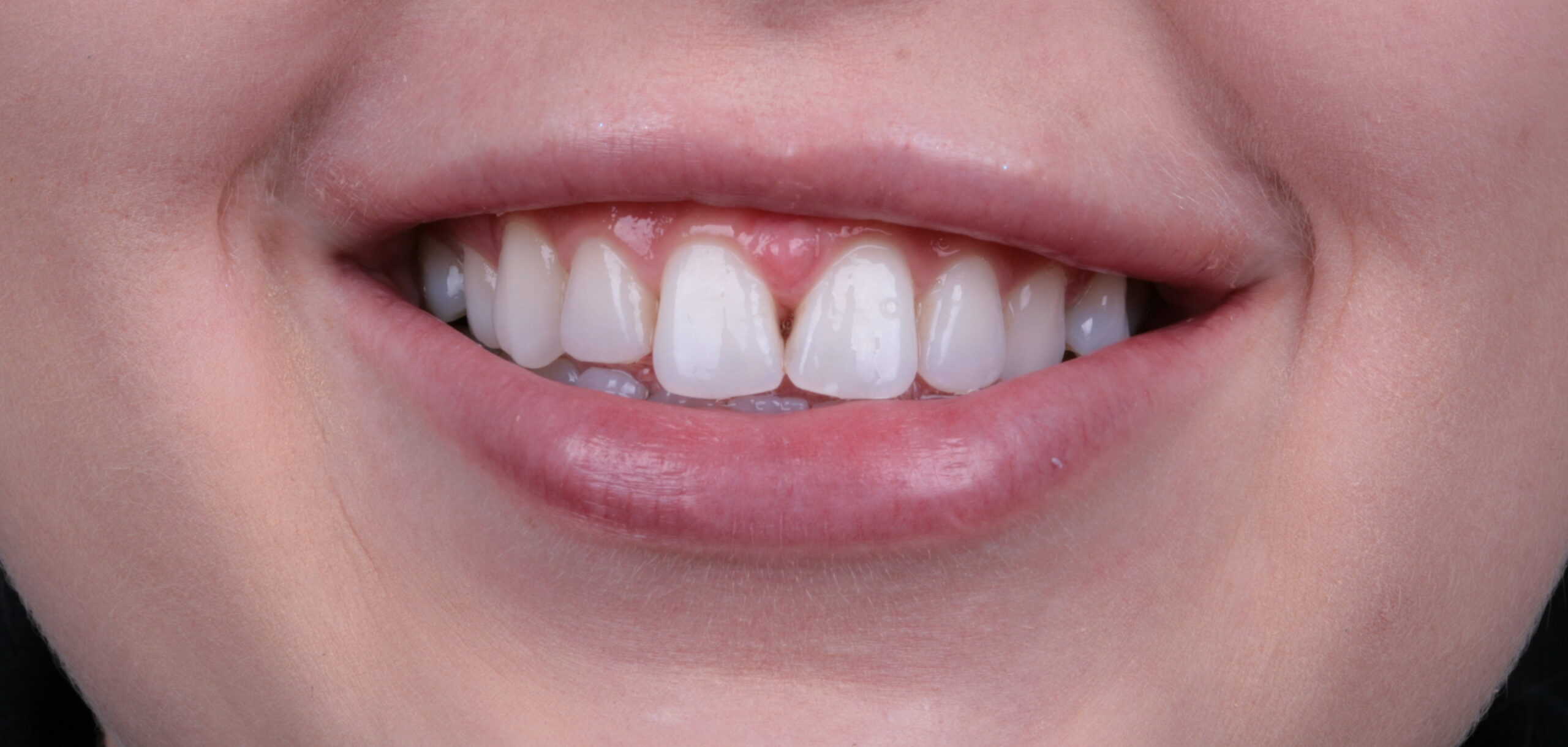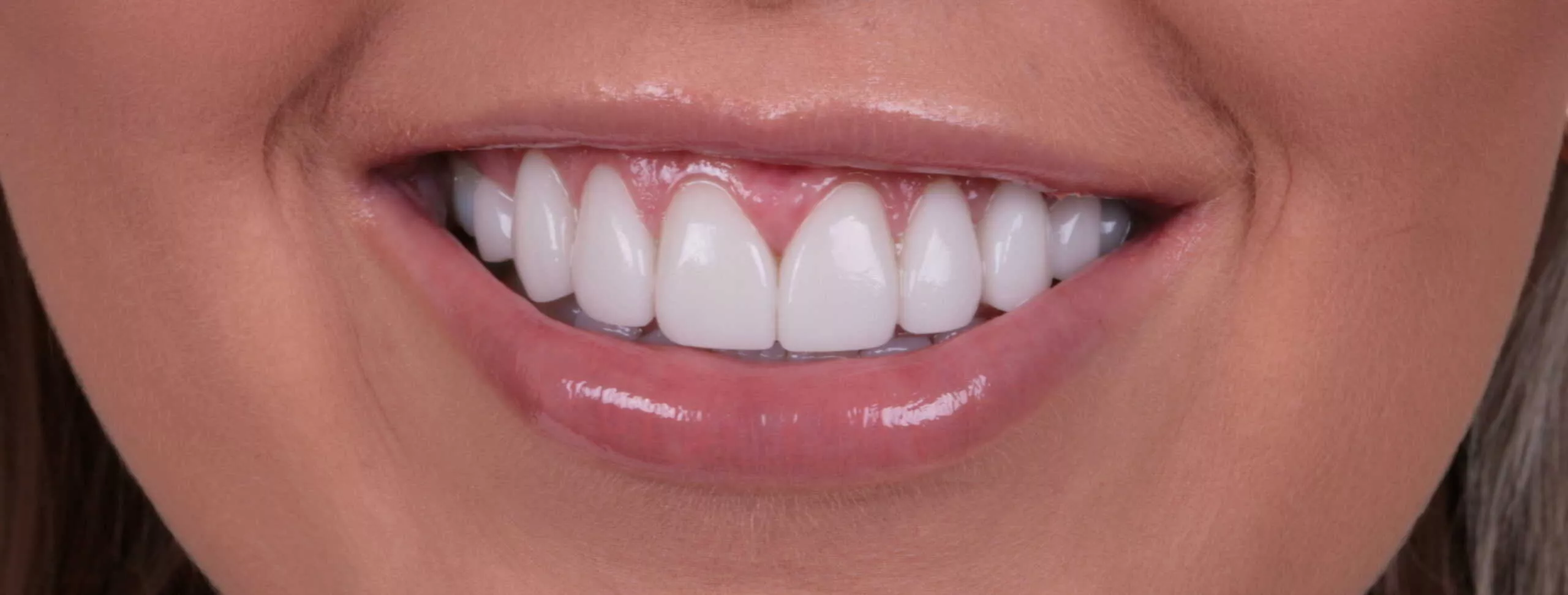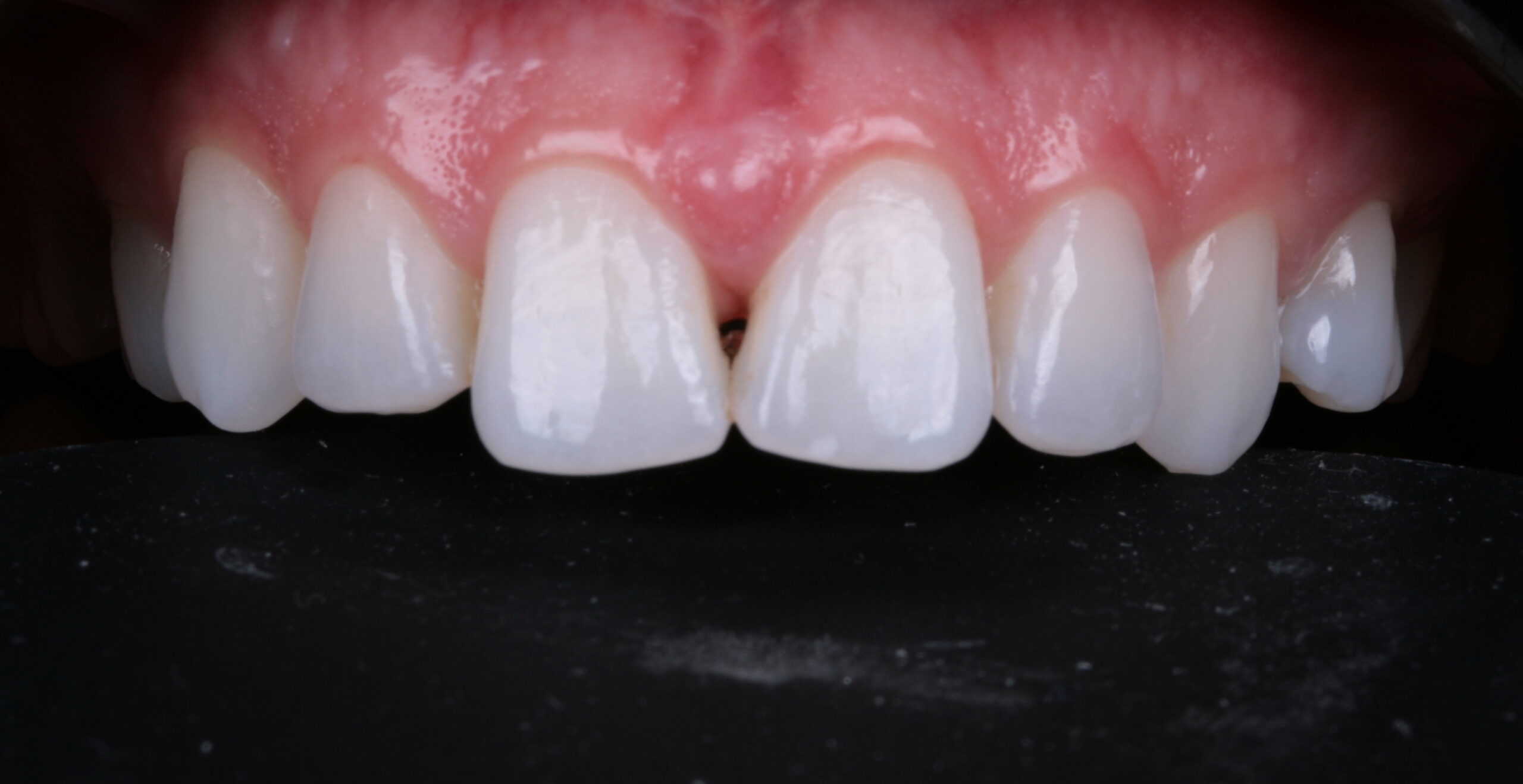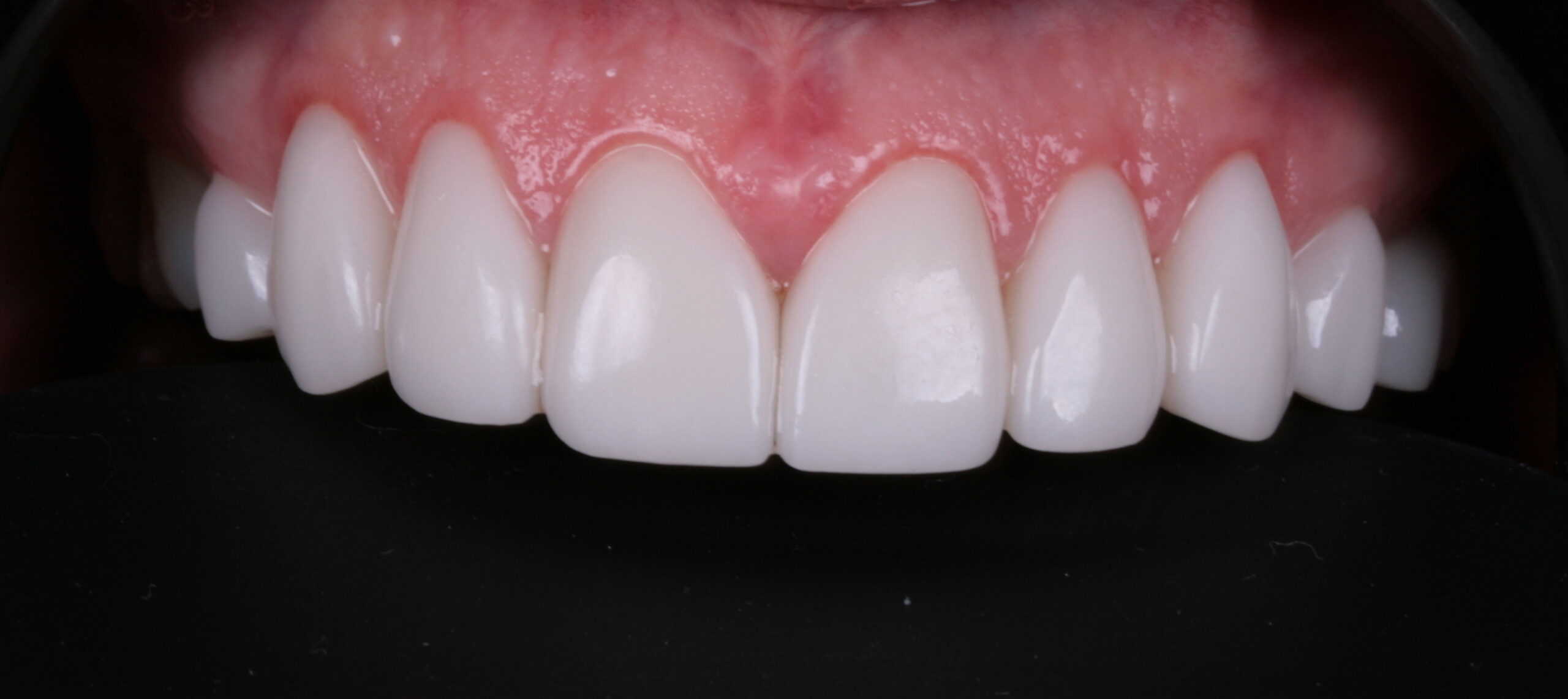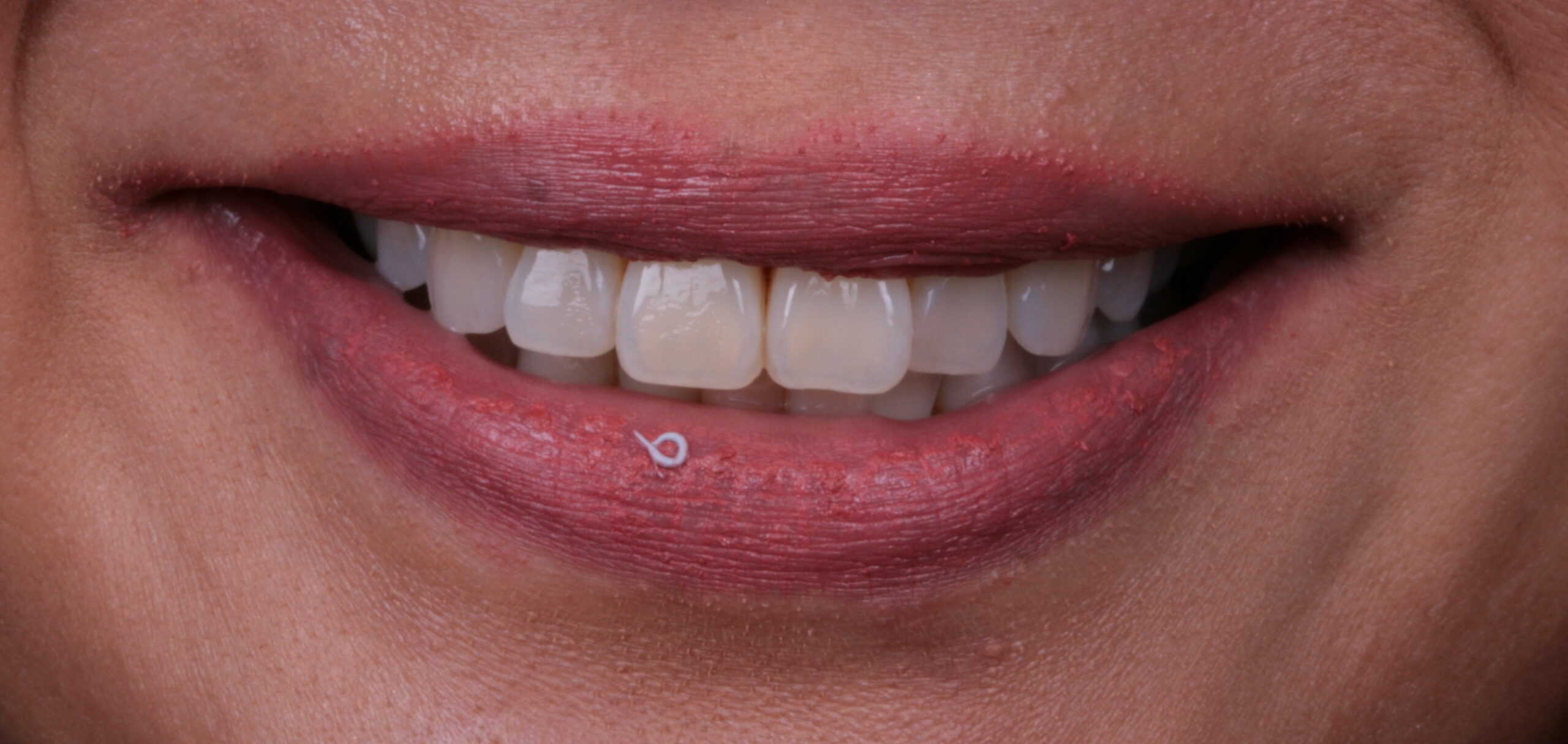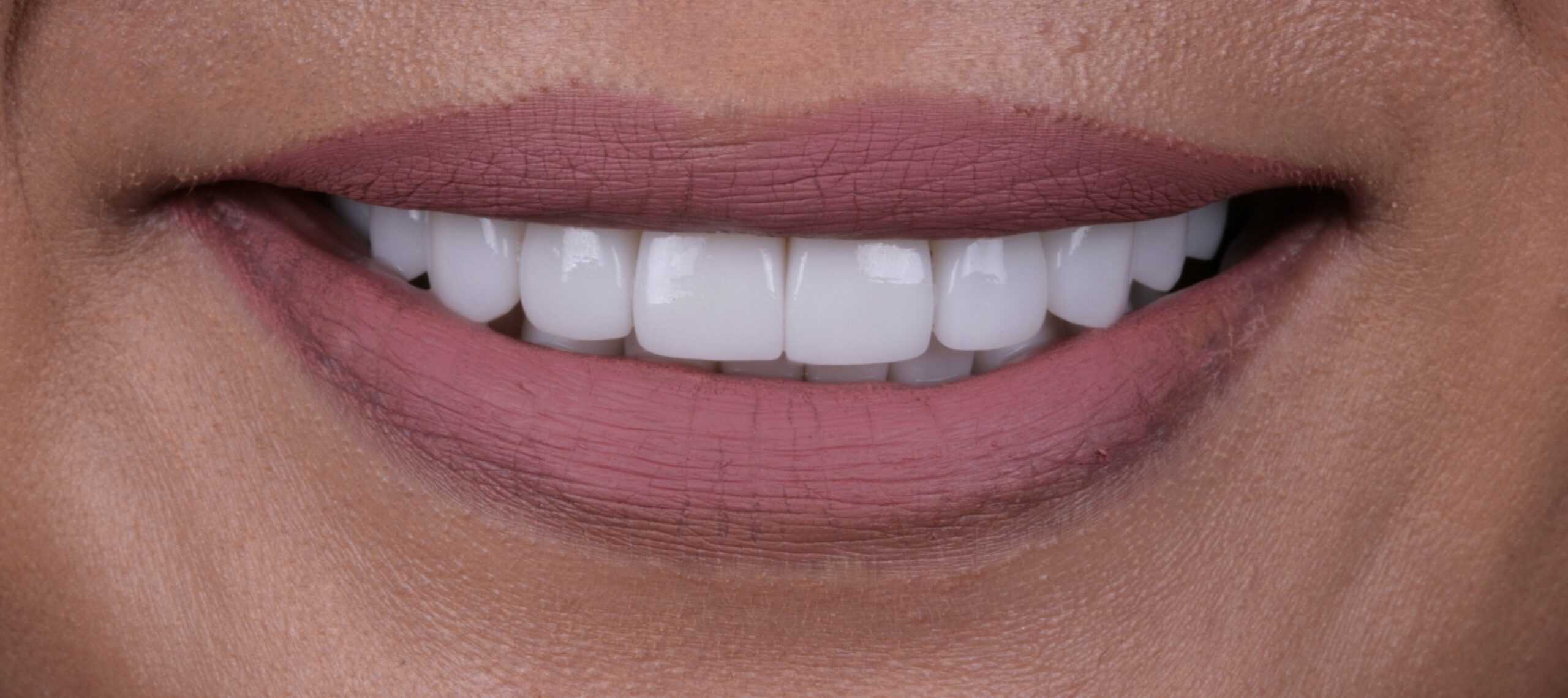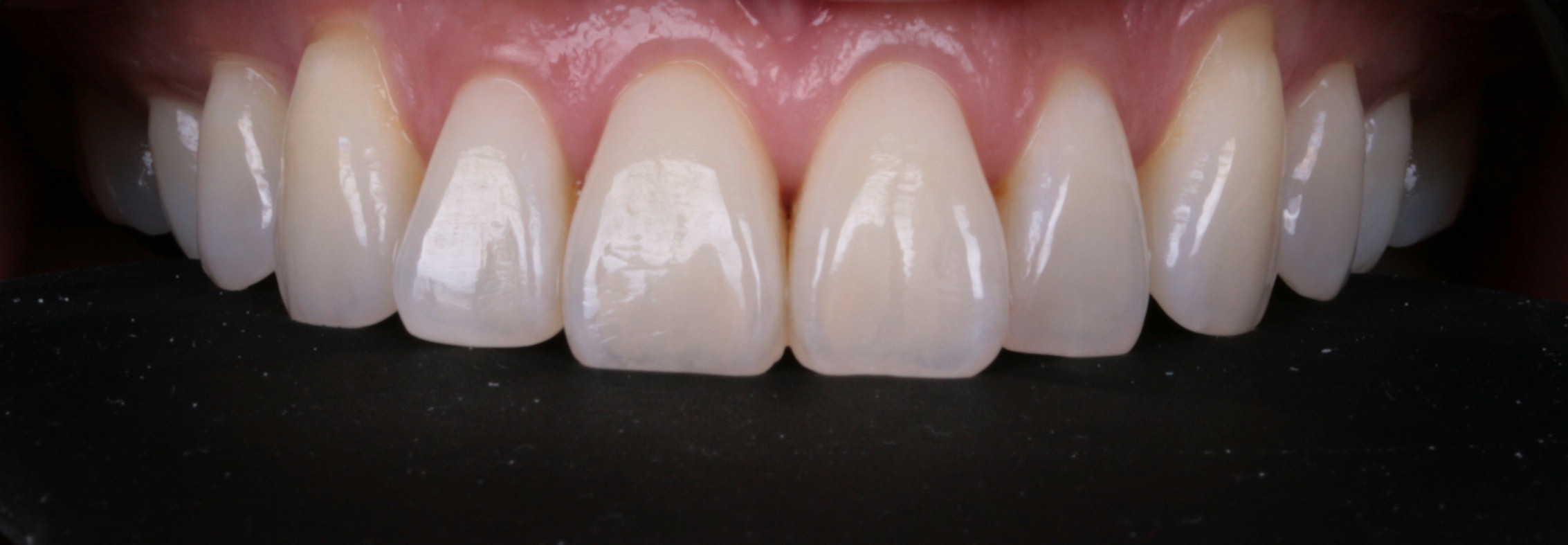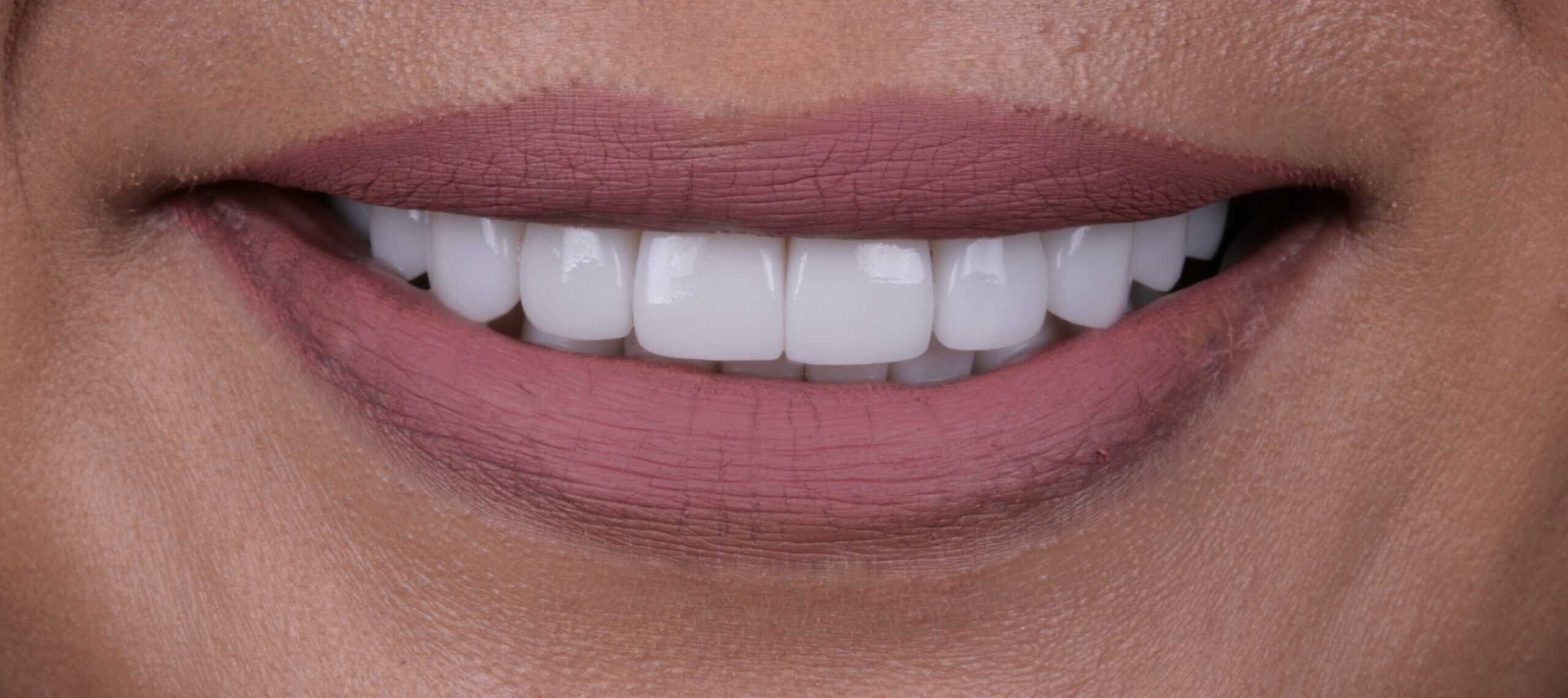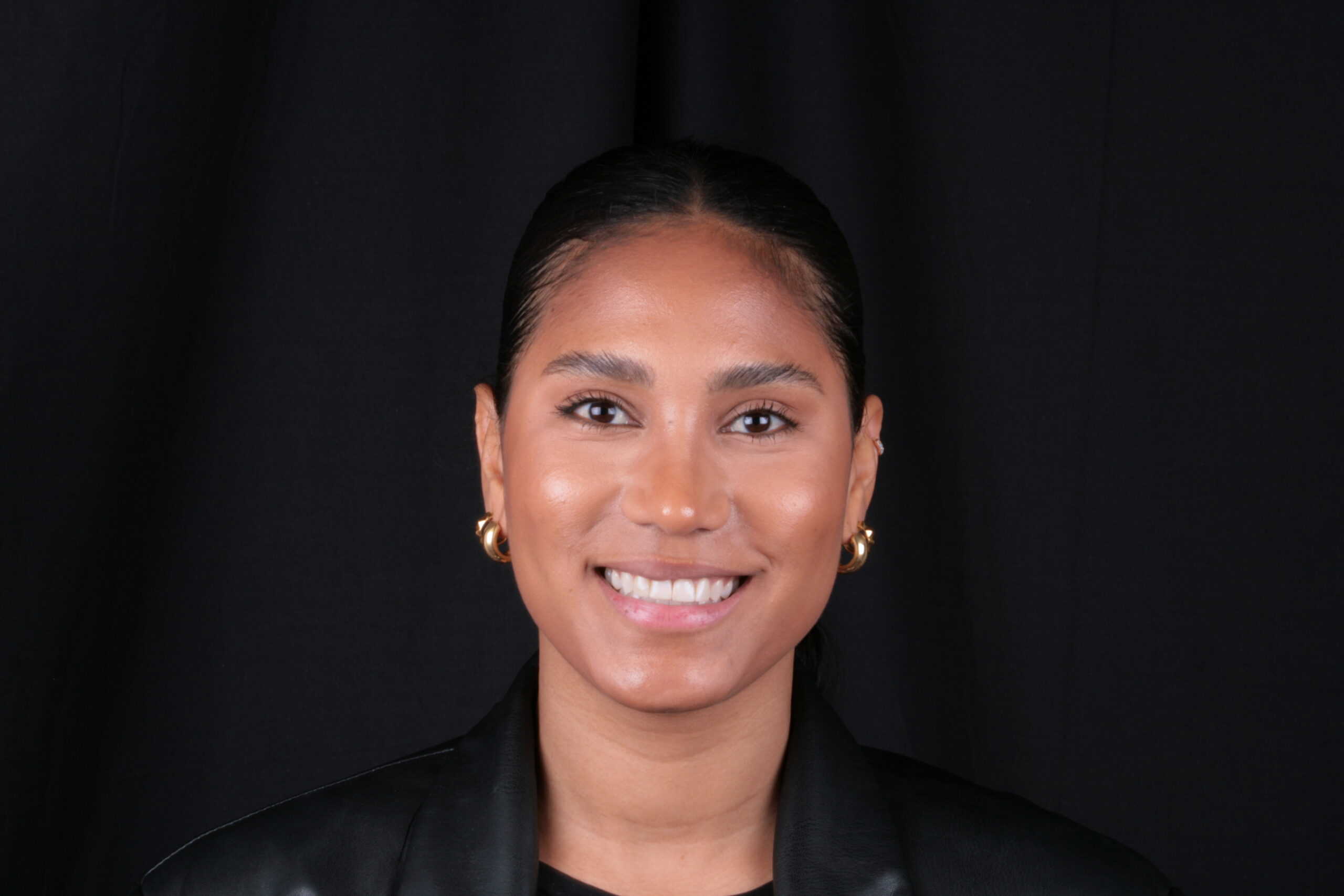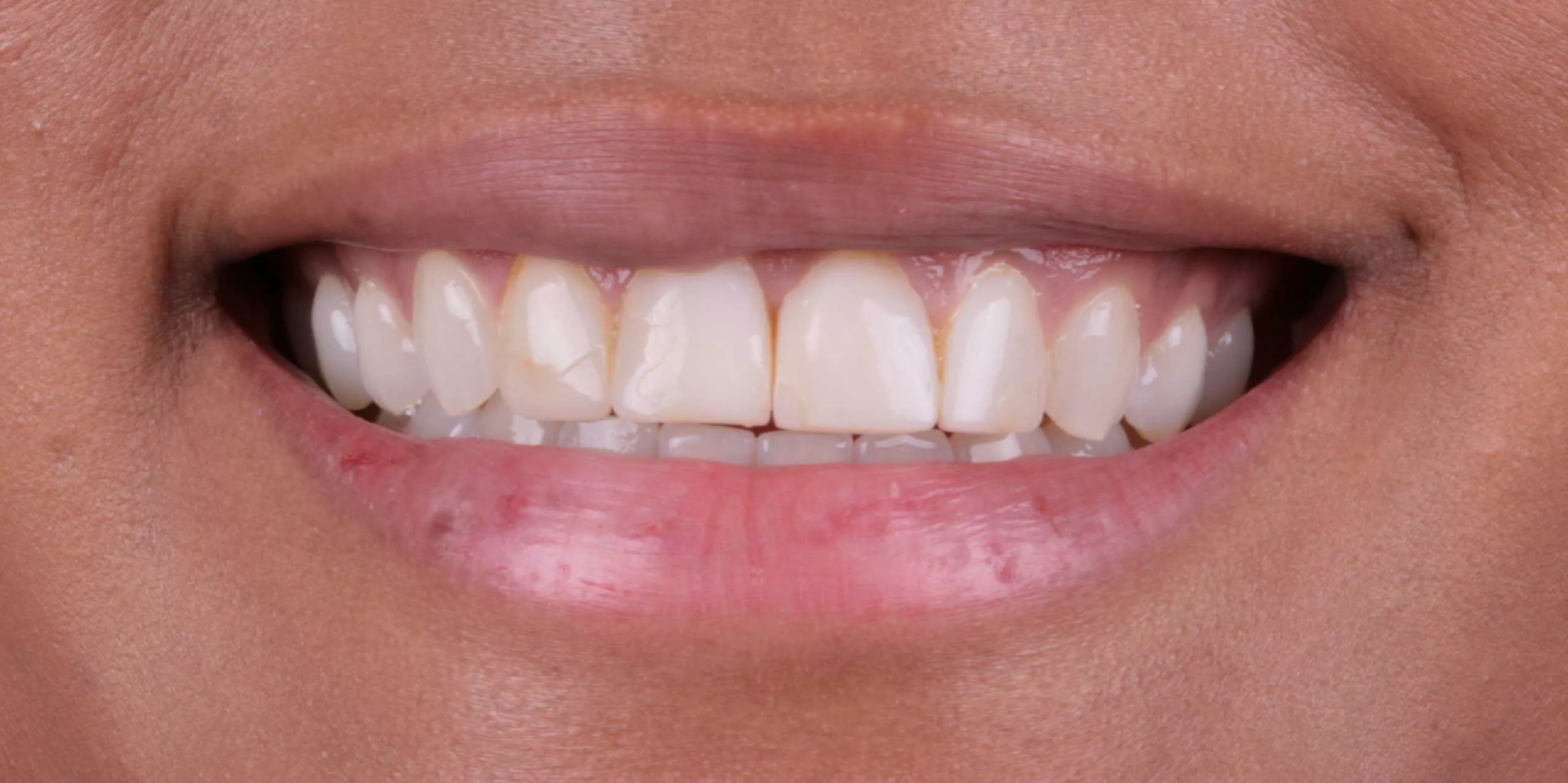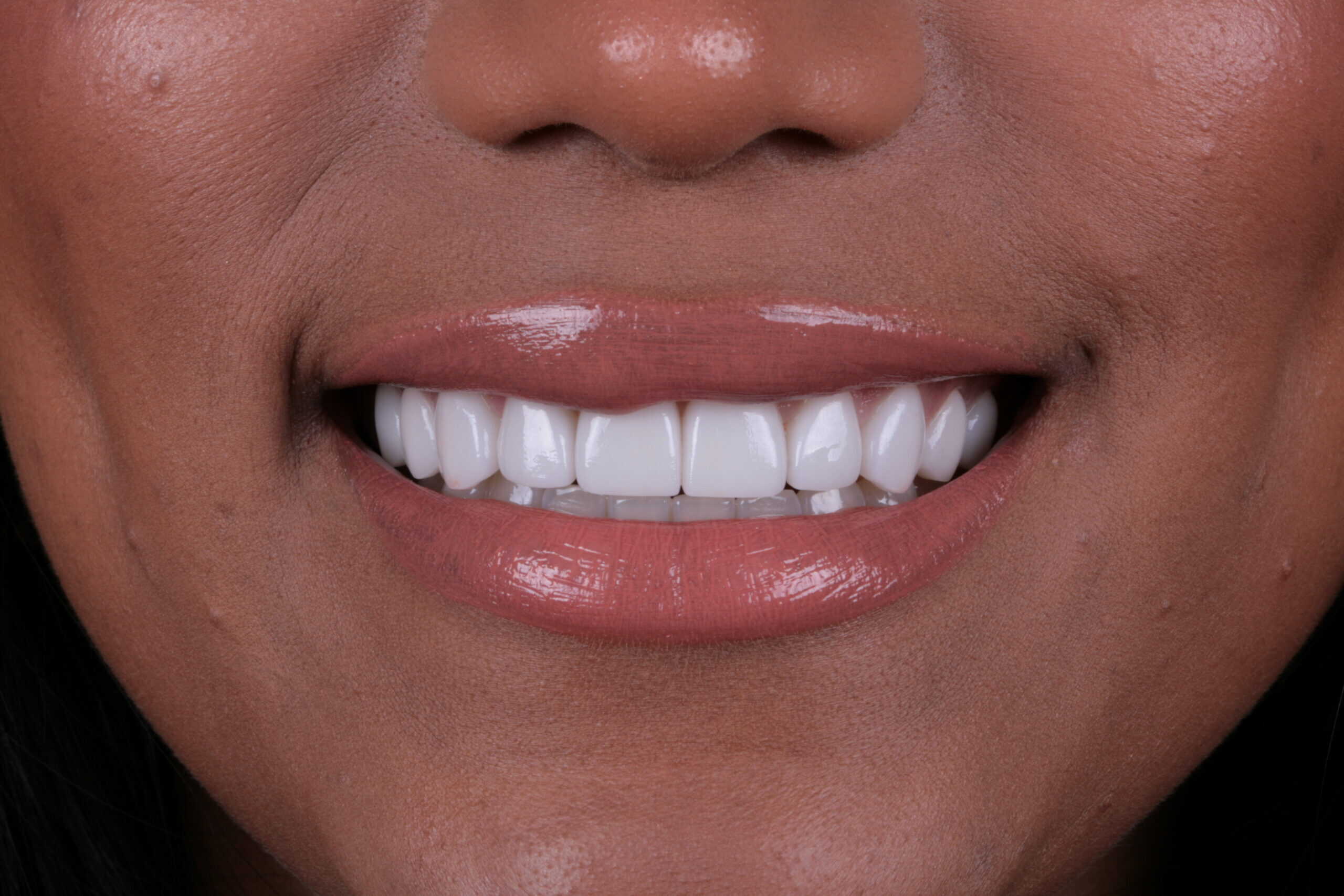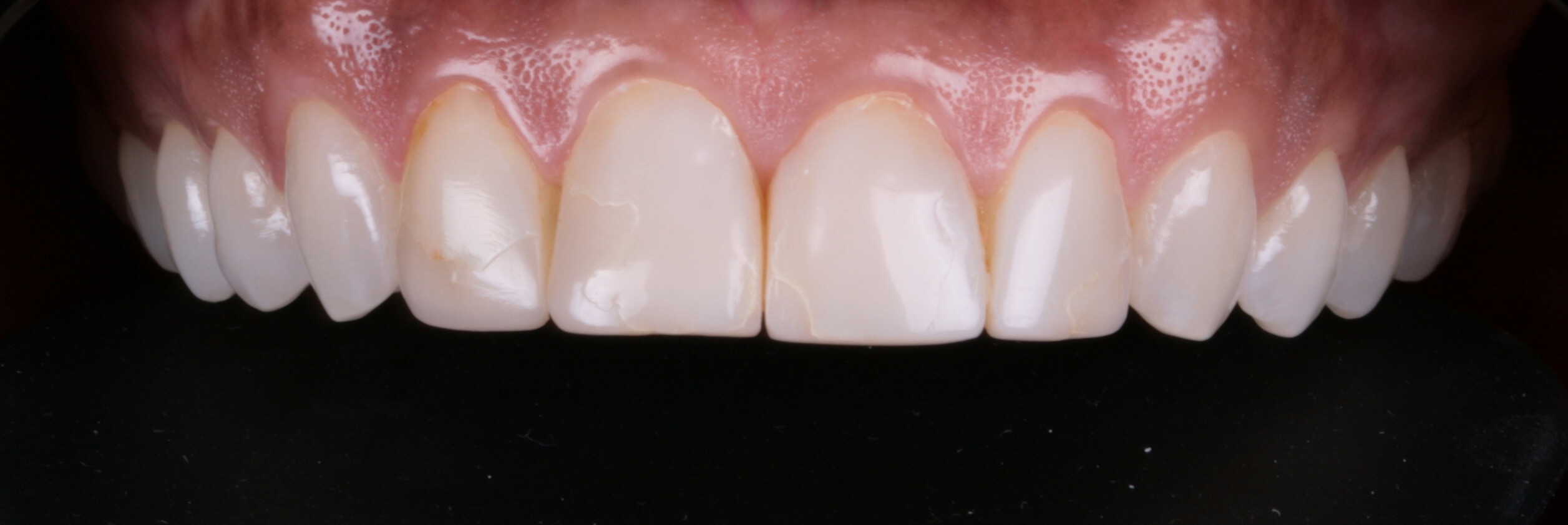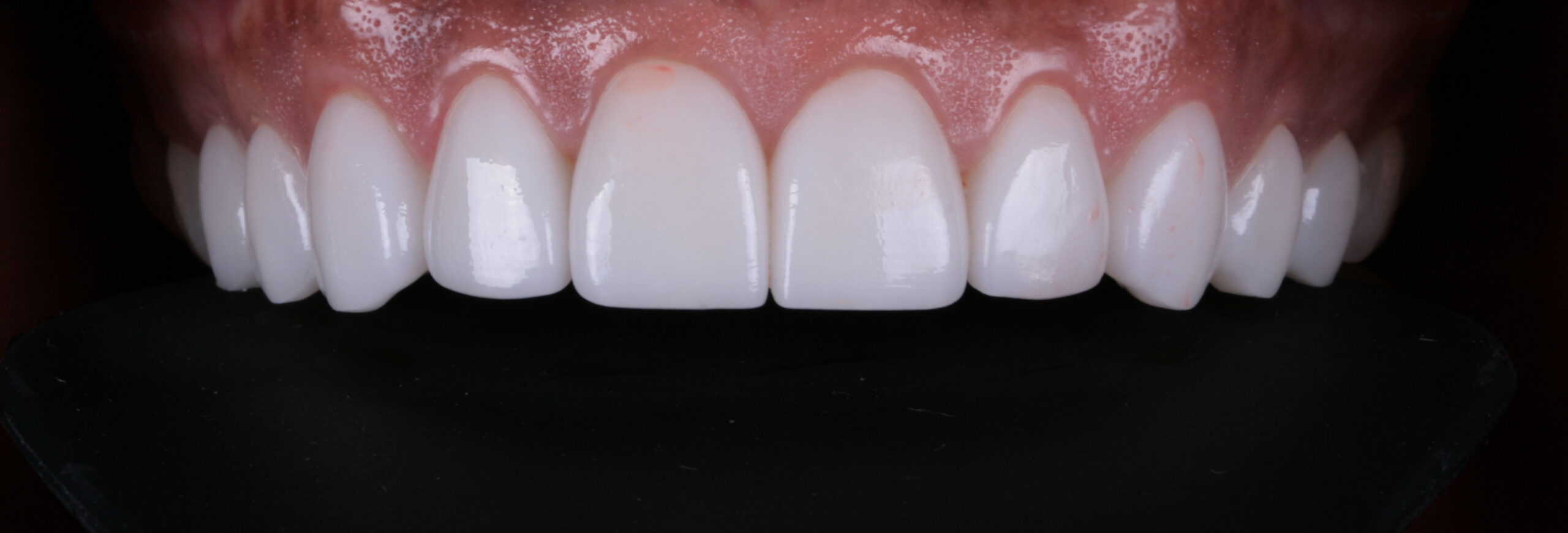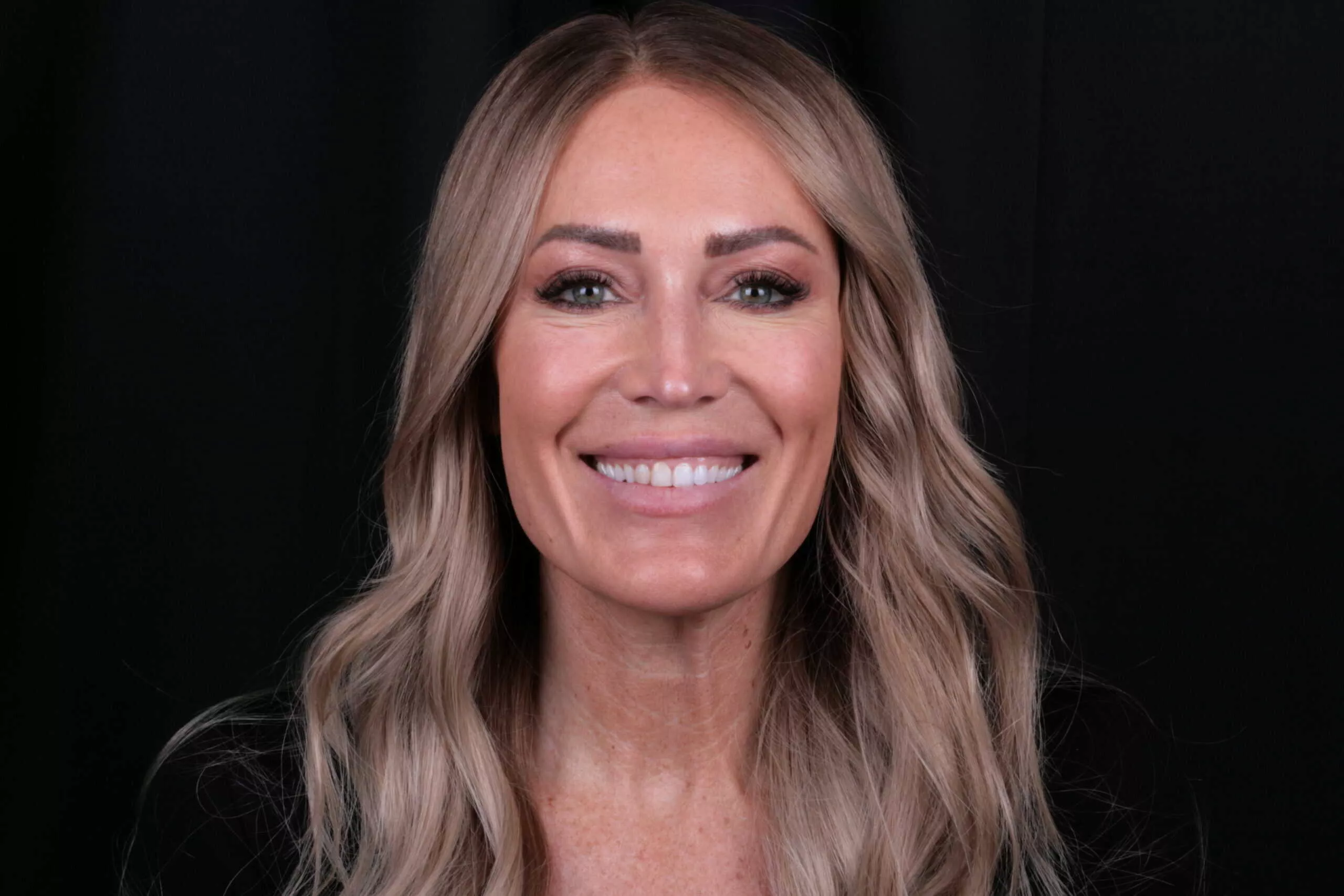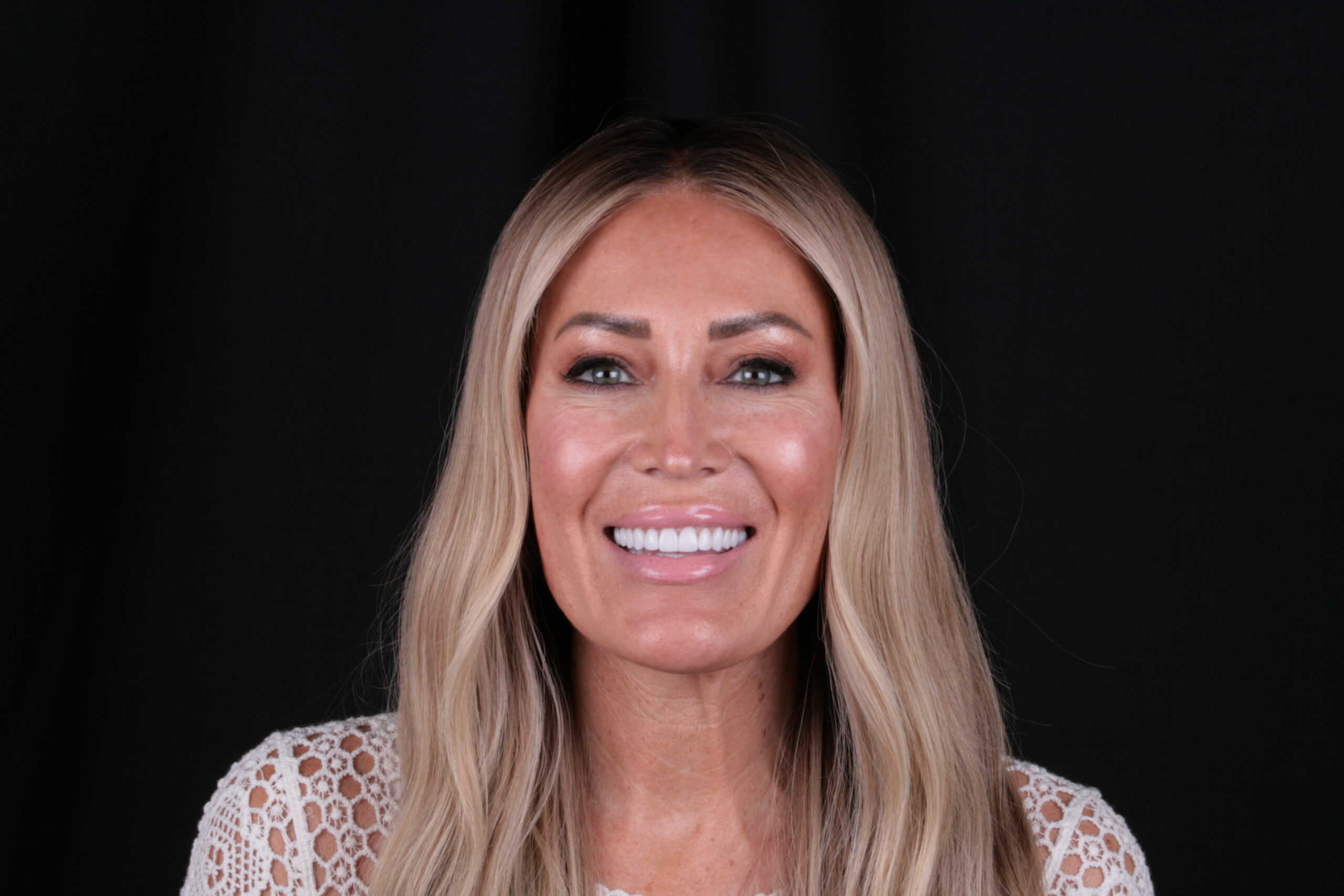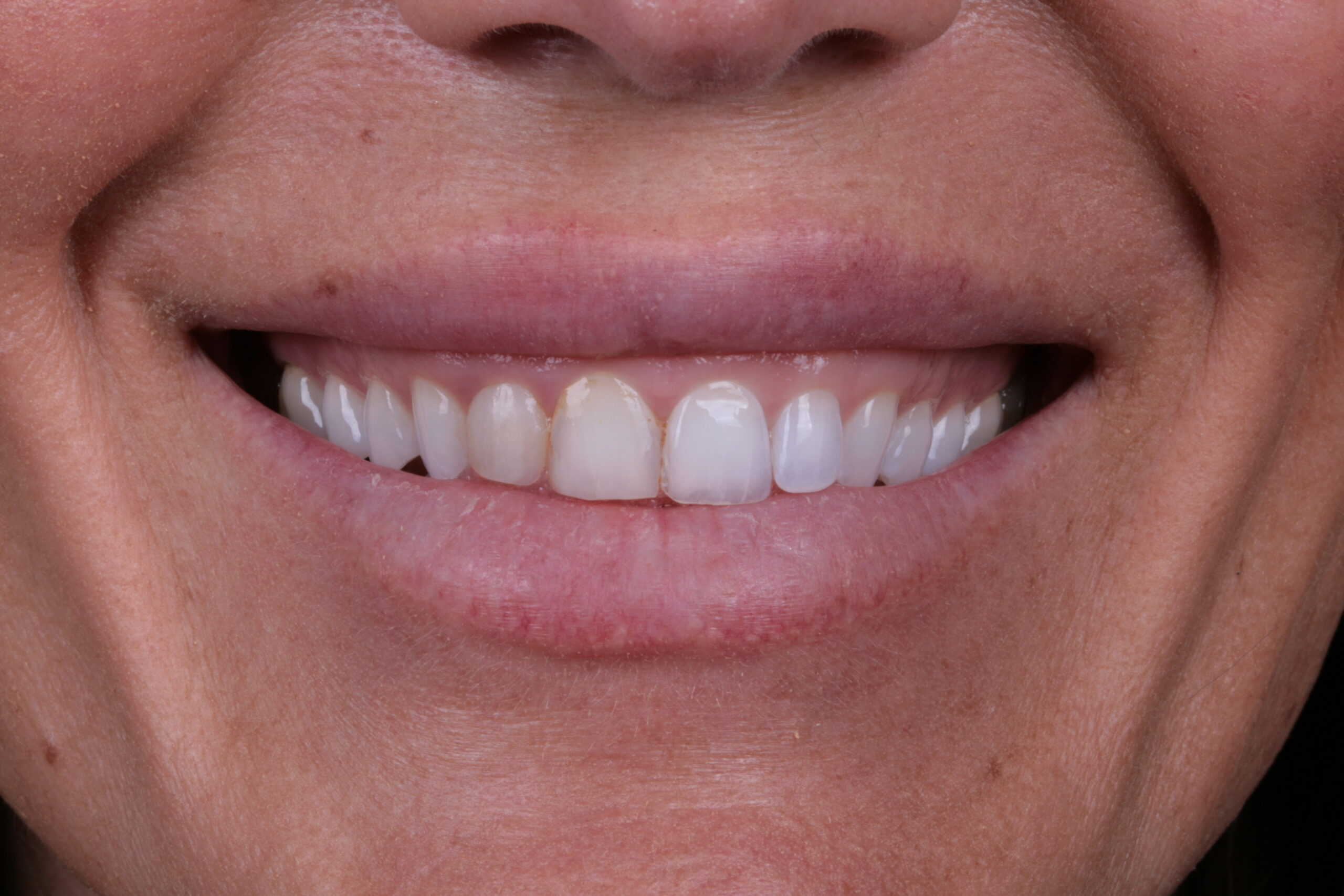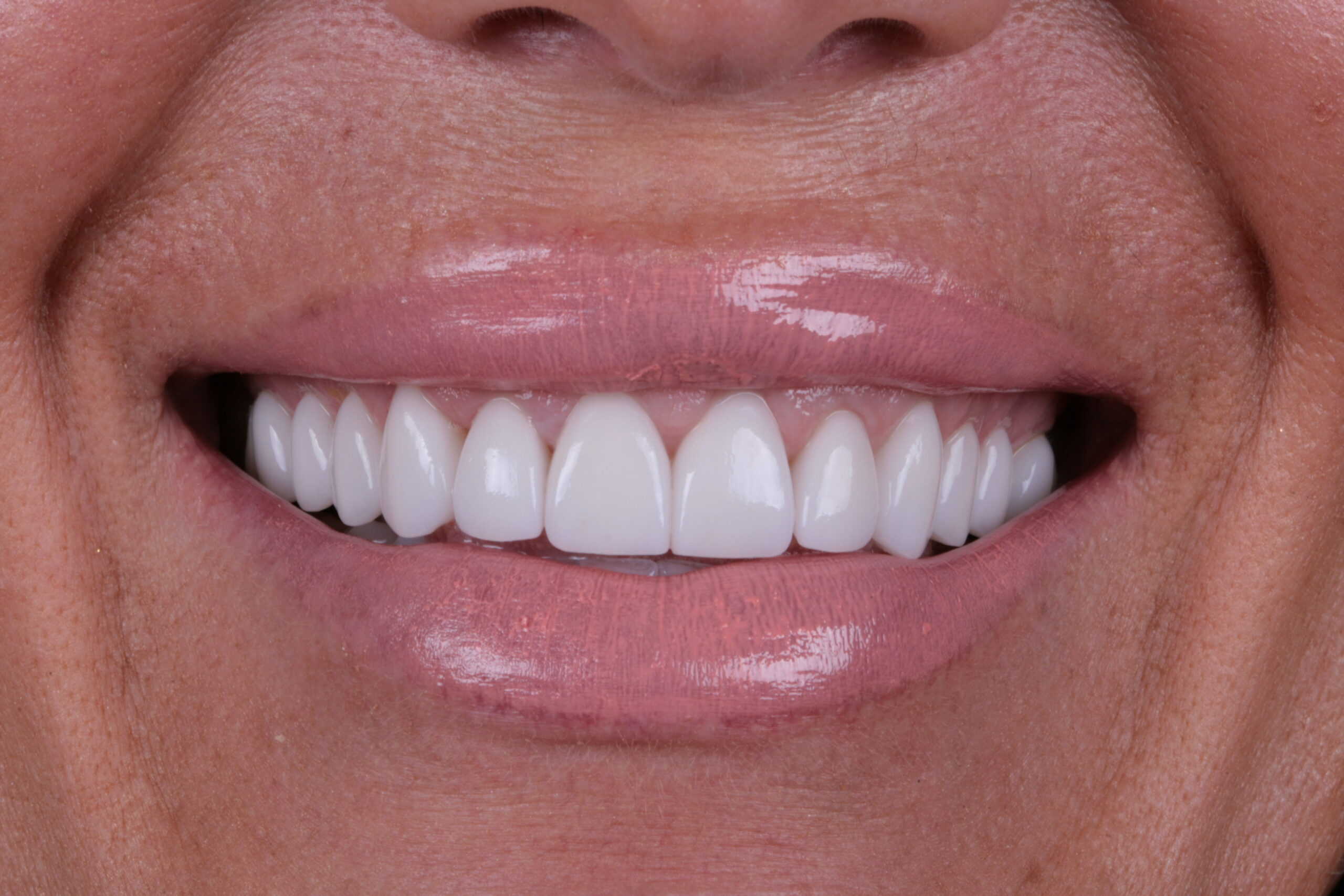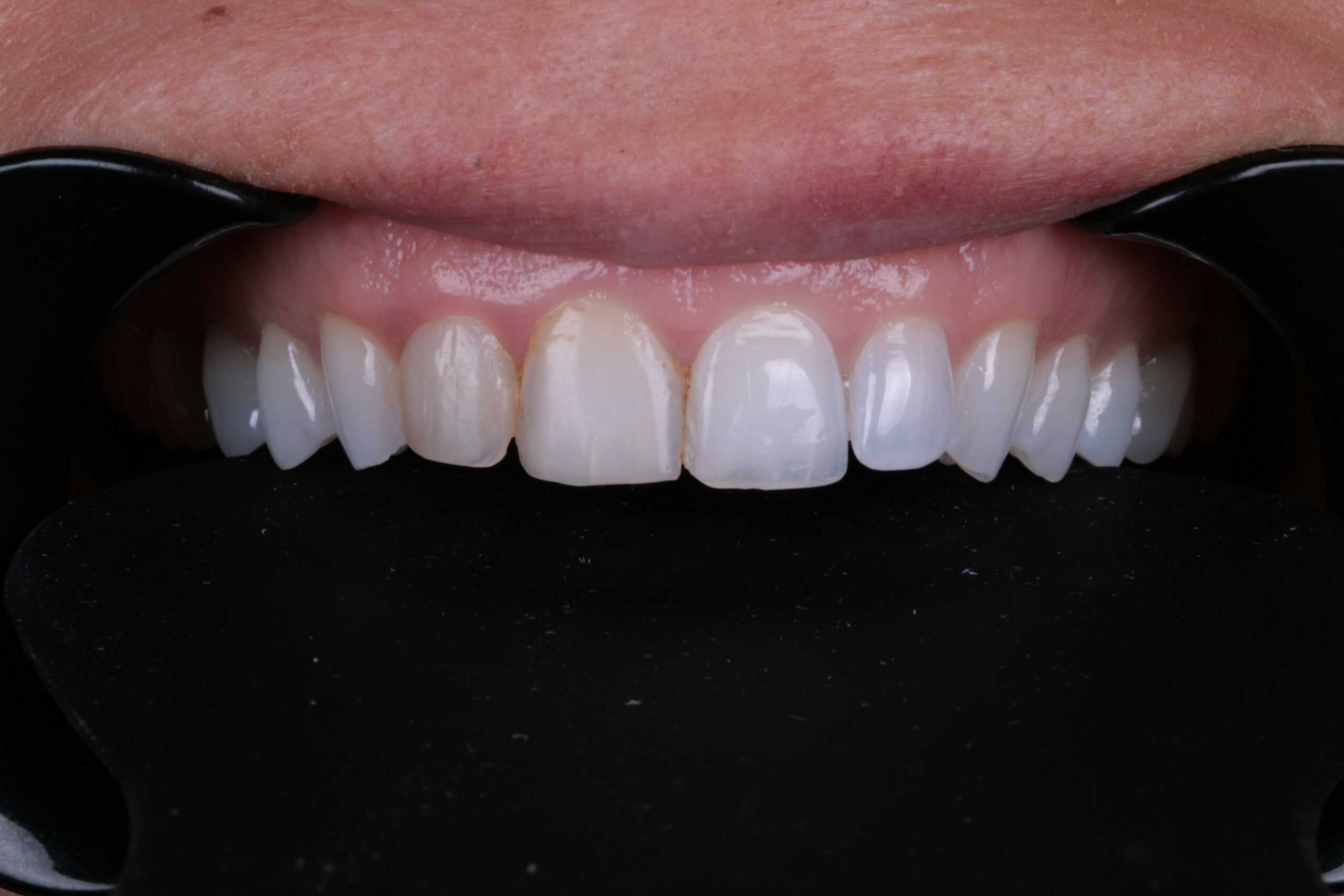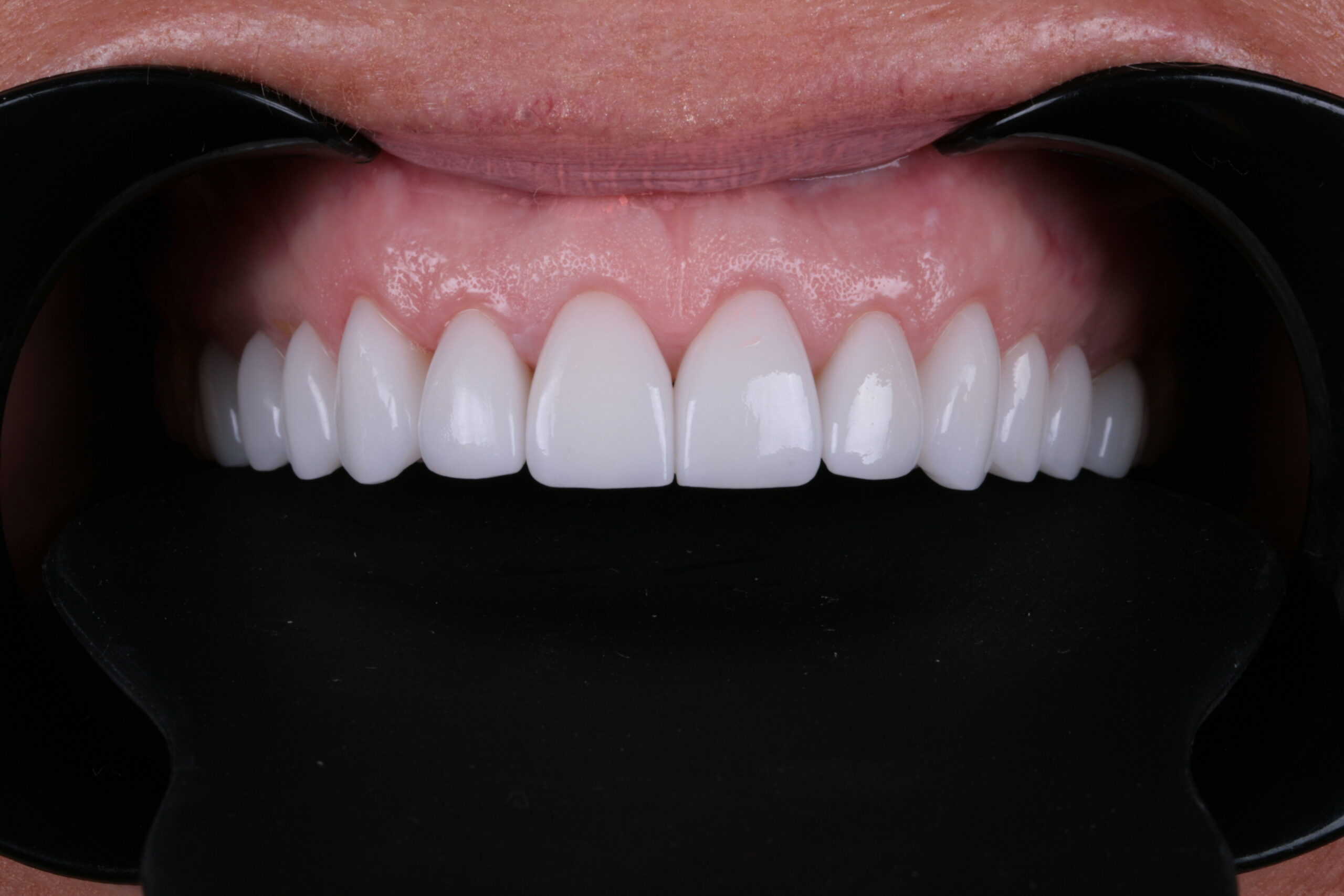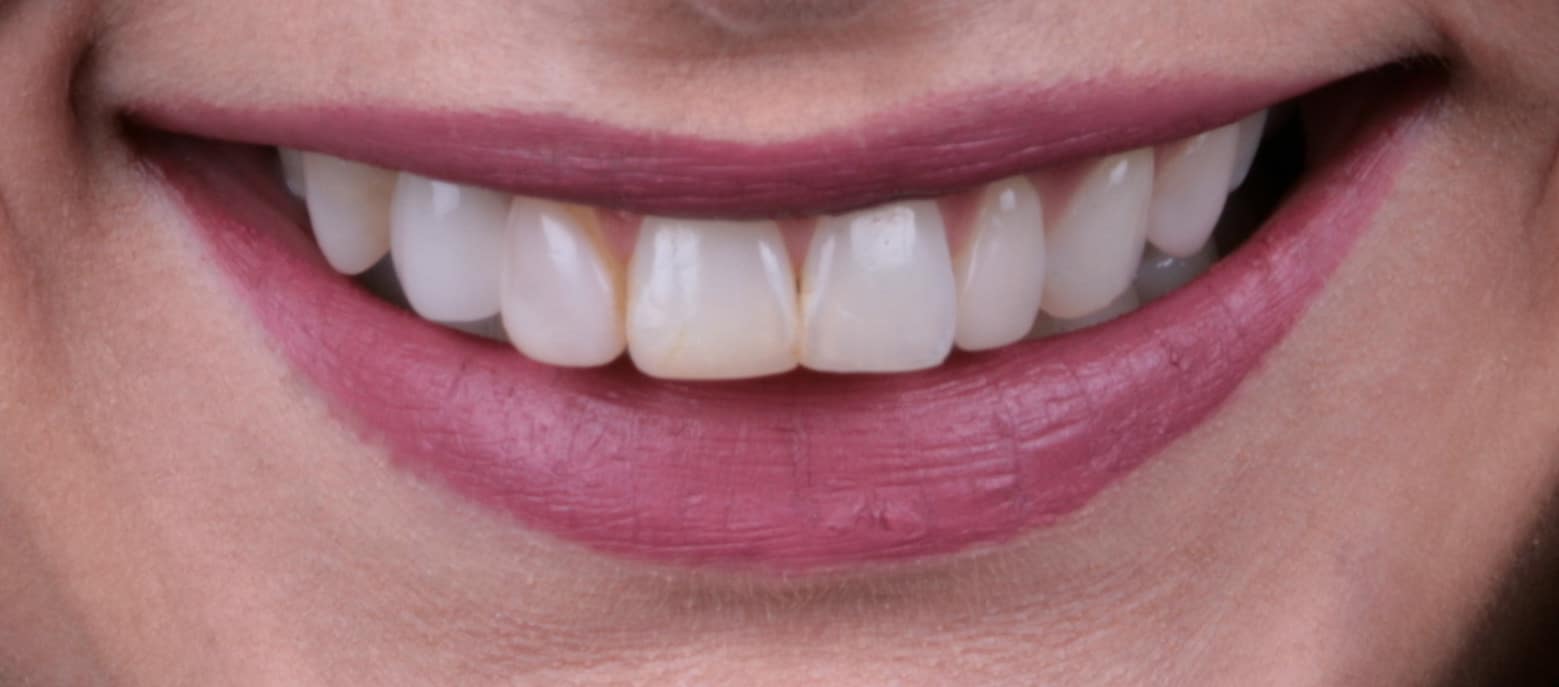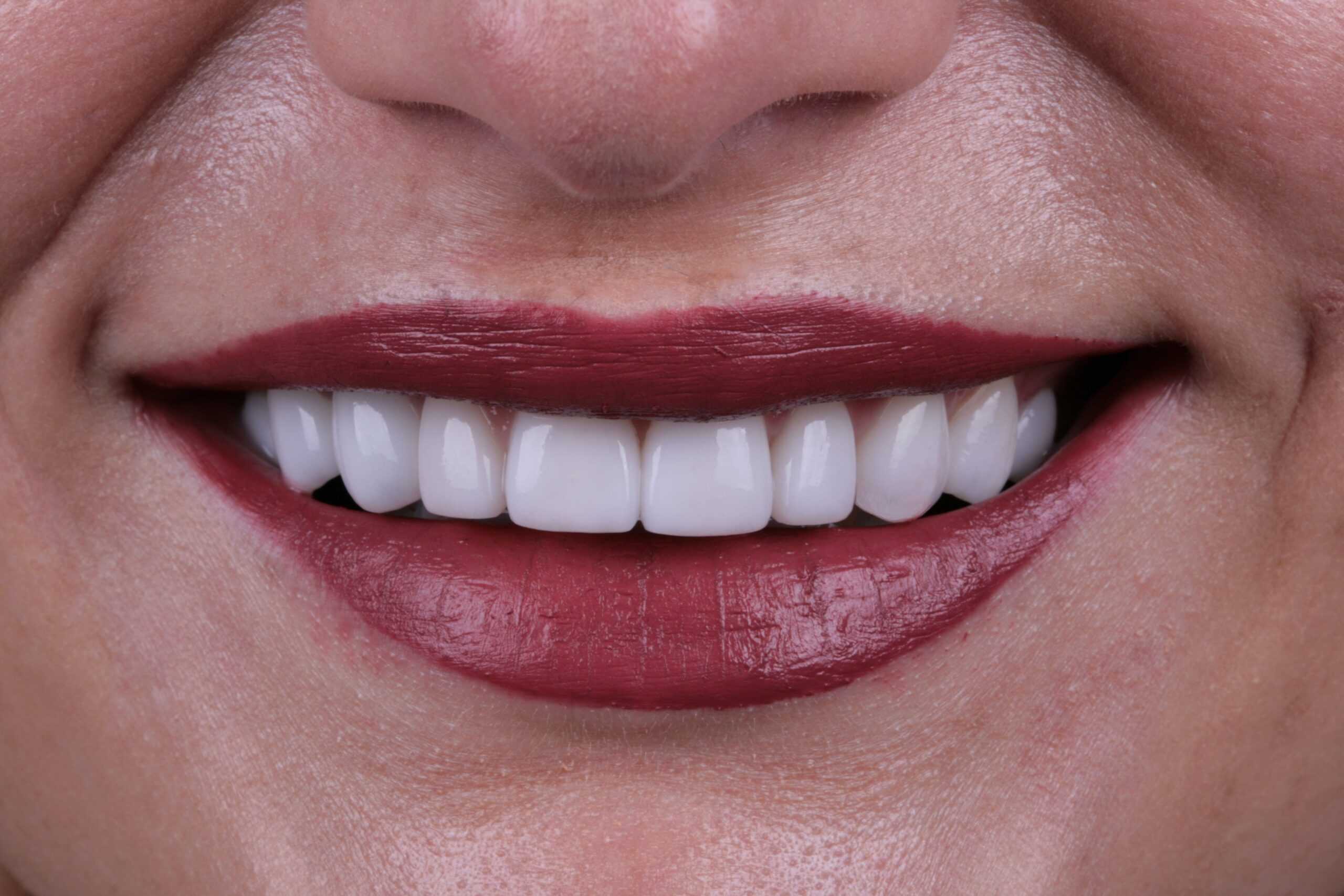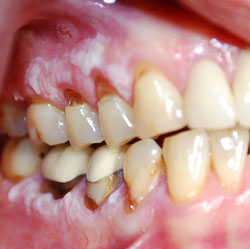
April has come, which means that it is officially oral cancer awareness month. According to the Oral Cancer Foundation, it is an unfortunate fact that an average of 4,000 people are diagnosed with oral cancer each year. Oral cancer is often the least thought of cancer which comes to mind among people, which means that it is usually disregarded when symptoms occur. It is very important to know about the signs and symptoms, causes, and methods of how to prevent the development of oral cancer.
Know the Signs and Symptoms of Oral Cancer
One may think that cancer of the mouth is not as severe of a condition as the many other forms which are more commonly known such as lung or liver cancer, or leukemia. Although treatable, oral cancer can be just as lethal as the many other forms.
The symptoms of oral cancer are quite distinct such as:
- Experiencing a constant pain in specific areas of the mouth, tongue and throat.
- Sores which bleed and do not heal within a short period of time.
- Lumps.
It is important to regularly visit a dentist for routine checkups so your dentist can inspect your mouth to detect abnormal tissue, discoloration, and any other physical signs of oral cancer.
Causes of Oral Cancer
It is well known that excessive alcohol consumption and tobacco use are big contributors to the development of oral cancer. Many of those who have contracted the human papilloma virus (HPV) are also at high risk for developing oral cancer. Many people also develop oral cancer from unknown causes. It is a great idea to avoid excessive alcohol consumption, tobacco products, and to wear a sunblock balm on your lips while you are exposed to the sun for long periods of time.
What You Can do to Help Prevent Oral Cancer
Make a point of going to routine checkups with your dentist to detect oral cancer in its early stages. Your chances of recovery are incredibly improved when it is detected quickly. Do your best to donate to an oral cancer charity if you have money to spare, and volunteer yourself to help the people who are currently fighting oral cancer.

